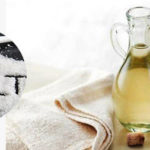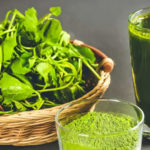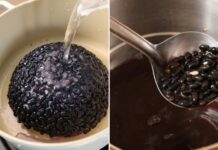What is the purpose of adding salt when polishing rice?
To make delicious and smooth rice, the first step in cooking rice is polishing it. Usually, people just rinse the rice quickly and then start cooking. But you can add another step by adding salt. Salt is a familiar spice in every household kitchen, commonly used for cooking. When polishing rice, you can add a little salt. This method will make the rice tastier and stay fresh for longer.
It’s worth noting that even on hot days, salt can preserve rice without the need to refrigerate it. In addition, when cooking leftover rice from the previous night, adding a little diluted saltwater will immediately eliminate any strange odor when the rice is cooked.
You should know that it is not necessary to polish the rice too much or too thoroughly. Rubbing too hard and polishing the rice multiple times will remove all the nutrients in the rice.
Rice grains contain vitamin B1, but it is mainly found on the outer layer of the rice, so be careful not to polish too much. If you polish too much, the rice will lose a significant amount of nutrients, including carbohydrates, lipids, minerals, vitamins B1, B2, B6, etc. Therefore, when polishing rice, you only need to lightly rinse it to remove dirt and impurities from the rice. Do not polish the rice more than 3 times.
From ancient times, cooking rice with cold water has been a habit of many Vietnamese people. Cooking rice with cold water causes the rice grains to expand, and nutrients are released into the water. However, when cooking rice with hot water, the outer layer of the rice grains will contract, creating a protective layer that prevents the rice from cracking, thus retaining nutrients. Cooking rice with hot water also shortens the cooking process and makes the rice cook faster. Additionally, it helps save energy consumed during the cooking process.
In addition to adding salt to enhance the flavor of rice, we can also add white vinegar and sesame oil to make the rice more fragrant and soft.
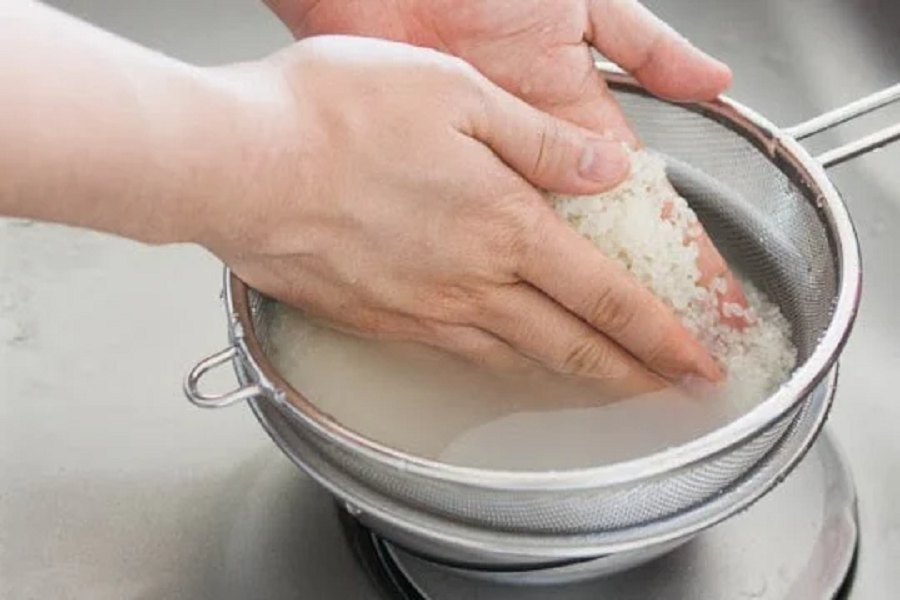
Polishing rice helps remove some impurities and dirt in the rice. Illustration photo.
Common mistakes when cooking rice that make it less delicious, not everyone knows
– Polishing the rice too thoroughly
Vitamin B1 is mainly found on the outer layer of the rice grains. If you polish the rice too thoroughly when cooking, you will lose its nutrients. Many people often have the habit of polishing the rice with 4-5 changes of water until the water becomes clear, but this is a mistake to avoid.
– Pouring too little or too much water
Cooking rice may seem simple, but not everyone knows how to do it correctly. Many people pour water inaccurately, which can result in soggy or dry rice, or unevenly cooked rice. Pouring the right amount of water to make the rice moist and delicious is something that not everyone can do. Each type of rice will require a certain amount of water. Therefore, when you buy rice, you should try cooking it first. Use 600ml of water for 500g of rice, then adjust as needed.
– Cooking rice and frequently opening the lid
Opening the lid frequently during cooking can reduce the temperature and cause the loss of necessary water for cooking the rice. Only open the lid when it needs to be checked or when the rice is cooked.
Useful tips for cooking delicious rice
– Cooking fresh rice will be tastier than cooking old rice
If you don’t pay attention when buying rice, you may end up buying old rice. An old rice loses many nutrients, and when cooked, it doesn’t have a pleasant aroma or taste. Meanwhile, fresh rice is rich in nutrients, and when cooked, it becomes soft, chewy, and especially fragrant and delicious.
– Know how to soak the rice properly before cooking
After polishing the rice, add enough water for the type of rice you are going to cook and let it soak for 15 – 30 minutes before turning on the cooker. Regardless of the type of rice, soaking the rice before cooking will help it cook quickly, become fluffy, and still retain its nutrients.
– Know how to accurately measure the water for cooking rice
When cooking rice, if you add too much water, the rice will become mushy, and if you add too little water, the rice will become dry and hard. The best ratio of rice to water is 1:1.2 or 1:1.5. To determine the standard amount of water, use your index finger and place it on the water. The water level should be slightly higher than the rice, about one finger joint higher.
In addition, when cooking rice, use boiling water instead of cold water. The reason is that boiling water makes the rice cook quickly and become more tender. This not only shortens the cooking time but also ensures that the rice cooks evenly and retains its nutrients.
– Absolutely, do not polish the rice too many times
Experts advise only polishing the rice 1-2 times, and when polishing, do not rub too hard, just gently rinse. This is because the nutrients in rice are mainly located on the surface. However, many people have the habit of polishing the rice multiple times, which can lead to the loss of up to 60% of the necessary nutrients in rice.
According to Người đưa tin
Tips for Preparing and Storing Rice During Hot Weather
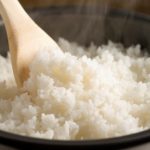 Rice During Hot Weather’>
Rice During Hot Weather’>It’s no secret that in warmer months the proper storage of food, especially cold rice, can be a nightmare. However, with a few simple tips, we can help you cook the perfect batch of rice and keep it from going rancid. Read on to learn all the essential steps and how to preserve the rice!




























